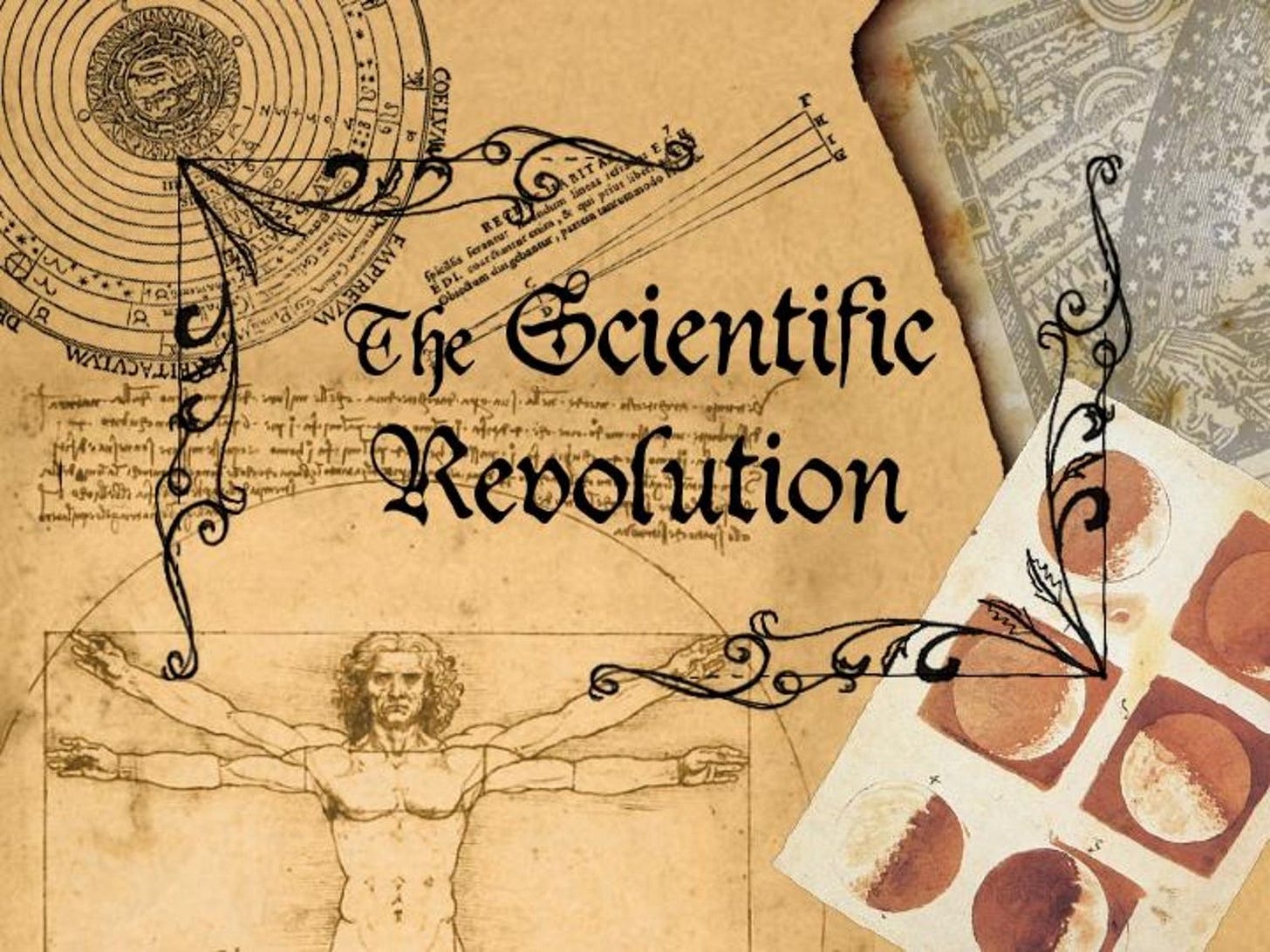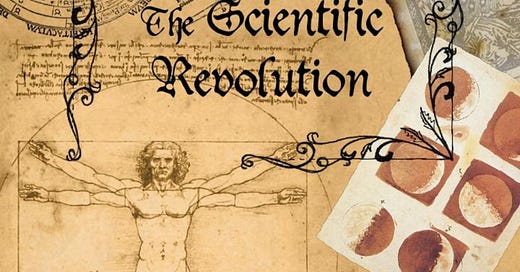I judge, therefore I am

Rene Descartes was one of the fathers of modern philosophy who helped usher in the Age of Reason. He was a brilliant scientist who invented the Cartesian coordinate system, founded the field of analytical geometry, and was a key figure in the Scientific Revolution. He was a man very much respected for the power of his mind.
In fact, his best known statement, "cogito, ergo sum" (I think, therefore I am) could be considered the foundation of western philosophy.
There's just one problem with this self-evident proposition. It merely establishes that thinking is occurring, not a personified identity.
Further, thinking does not establish our reality; judgment does.
About 1500 years before Descartes, a young Roman slave named Epictetus had rather remarkable insights in the realms of philosophy, logic, and reason. Like Descartes, Epictetus noted that thinking - particularly awareness of our ignorance - was essential for self-knowledge.
However, Epictetus understood there was one component of thought that imbued humans with a contextual identity and sense of reality: judgment.
Epictetus understood that all pain, all suffering come from discernment within.
It is not events or situations that upset us, it is our judgments concerning them.
That is a very challenging assertion for all of us who feel we've been unfairly treated. How dare you say it's not what happened that upsets me!
But if we step back and consider the premise we realize that while we certainly aren't responsible for vicious people perpetrating horrendous acts, we are for our response.
No one can make us angry but ourselves.
When A Course in Miracles teaches "you cannot be unfairly treated" (T-26.X.3) it is not talking about our body. Of course our body can, and has often been, treated badly.
It is referring to our mind, and specifically our mind's power to choose the meaning we give each situation. When we choose the right mind of peace, while our body's actions may indeed act in a way to curtail egregious behavior, it does so from a place of inner calm.
Epictetus further articulates:
When we are frustrated, angry or unhappy, never hold anyone except ourselves – that is, our judgments – accountable.
Perception is intimately intertwined with judgment, as the course describes:
What happens to perceptions if there are no judgments? Perception becomes impossible. Truth can only be known. (T-3.V.8)
Recognizing that we give every situation the meaning it holds for us, we realize our judgments always form our identity - and our sense of reality.
Had Epictetus channeled his inner Descartes, he would have said, "judicare, ergo sum" - I judge, therefore I am.
Join me in Thursday's class where we'll explore the nature of judgment and how we can use our mind's power to shift from pain to peace. I look forward to seeing you then.



